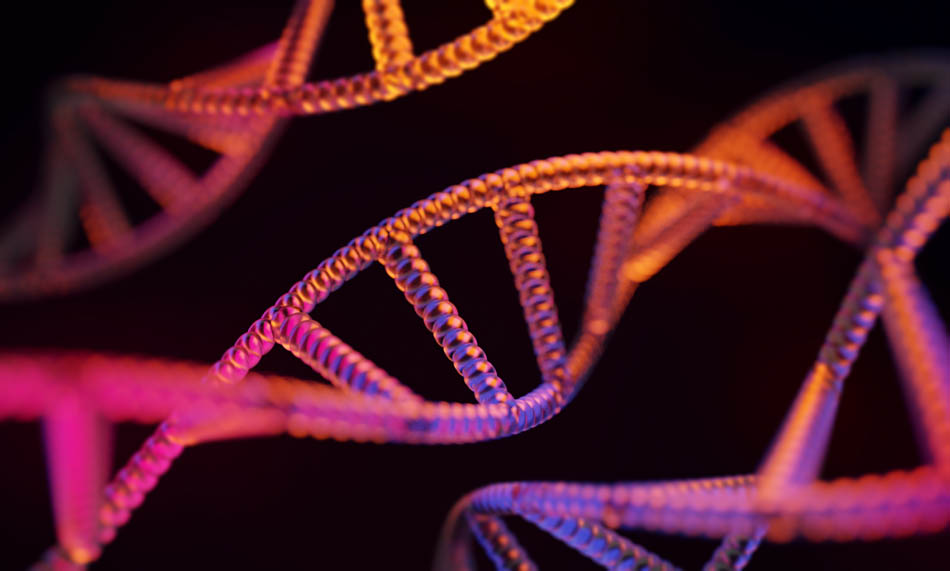
- HealthyTo100
- December 6, 2024
How Your Genes Are Changing the Face of Modern Medicine
Modern medicine is entering an era where genes hold the key to many of our unanswered questions. It’s like discovering a map that not only shows where we’ve been but also where we could go next. And at the center of this genetic revolution is something called Mendelian randomization. Sound complex?
Medicine’s Traditional Toolbox
For decades, we relied on randomized controlled trials (RCTs). These trials are like carefully staged dramas—every character is cast, every scene planned. Participants are assigned treatments randomly, ensuring a fair test. But this approach has limits.
RCTs are:
- Expensive: They cost millions, sometimes billions.
- Time-consuming: Years pass before results emerge.
- Impractical: They can’t answer every question, like long-term effects of a lifestyle choice.
Observational studies, the more casual cousins of RCTs, try to fill the gaps. But they’re riddled with biases. They can’t always separate correlation from causation. Enter Mendelian randomization—a fresh, creative approach that flips the script.
What Is Mendelian Randomization?
Imagine your genes as nature’s lottery tickets. Each one randomly assigned at birth. Mendelian randomization uses these genetic variations to study how risk factors impact health.
Think of it this way: Instead of asking, “Does cholesterol lower heart disease risk?” researchers ask, “What happens to people born with genes that naturally lower cholesterol?” It’s like running a randomized trial, but nature handles the logistics.
Why This Matters
This method isn’t just clever. It’s game-changing. Here’s why:
- Causation, not guesswork: It cuts through the noise, revealing true cause-and-effect relationships.
- Lifetime insights: Genetic traits don’t change. This means researchers can track their impact over decades.
- Safer exploration: No need for invasive or risky interventions to gather data.
Surprising Applications
Let’s look at how Mendelian randomization is already shaking things up:
- Heart health:
Scientists confirmed that lowering “bad” cholesterol reduces heart attack risk.
- Public health:
Genetic insights into behaviors like smoking help tailor prevention strategies.
- Disease risk:
It’s shedding light on conditions like diabetes, Alzheimer’s, and cancer.
The Challenges We Face
Of course, no method is perfect. Mendelian randomization has its quirks:
- Some genes influence multiple traits, muddying the waters.
- The method assumes genetic traits only impact the factor being studied. That’s a big leap.
- Not all populations are equally studied, raising questions about universal applicability.
Despite these hurdles, it’s opening doors that were once locked tight.
A Future Built on Genetics
The possibilities are exhilarating. Imagine treatments tailored to your genetic makeup. Or public health strategies designed with pinpoint accuracy. That’s where we’re headed.
We’re leaving behind the one-size-fits-all approach. Now, medicine is about you: your genes, your risks, your future.
The question isn’t just, “What can your genes tell us?” It’s, “How far can we go with what they reveal?” The answer? Farther than we ever dreamed.